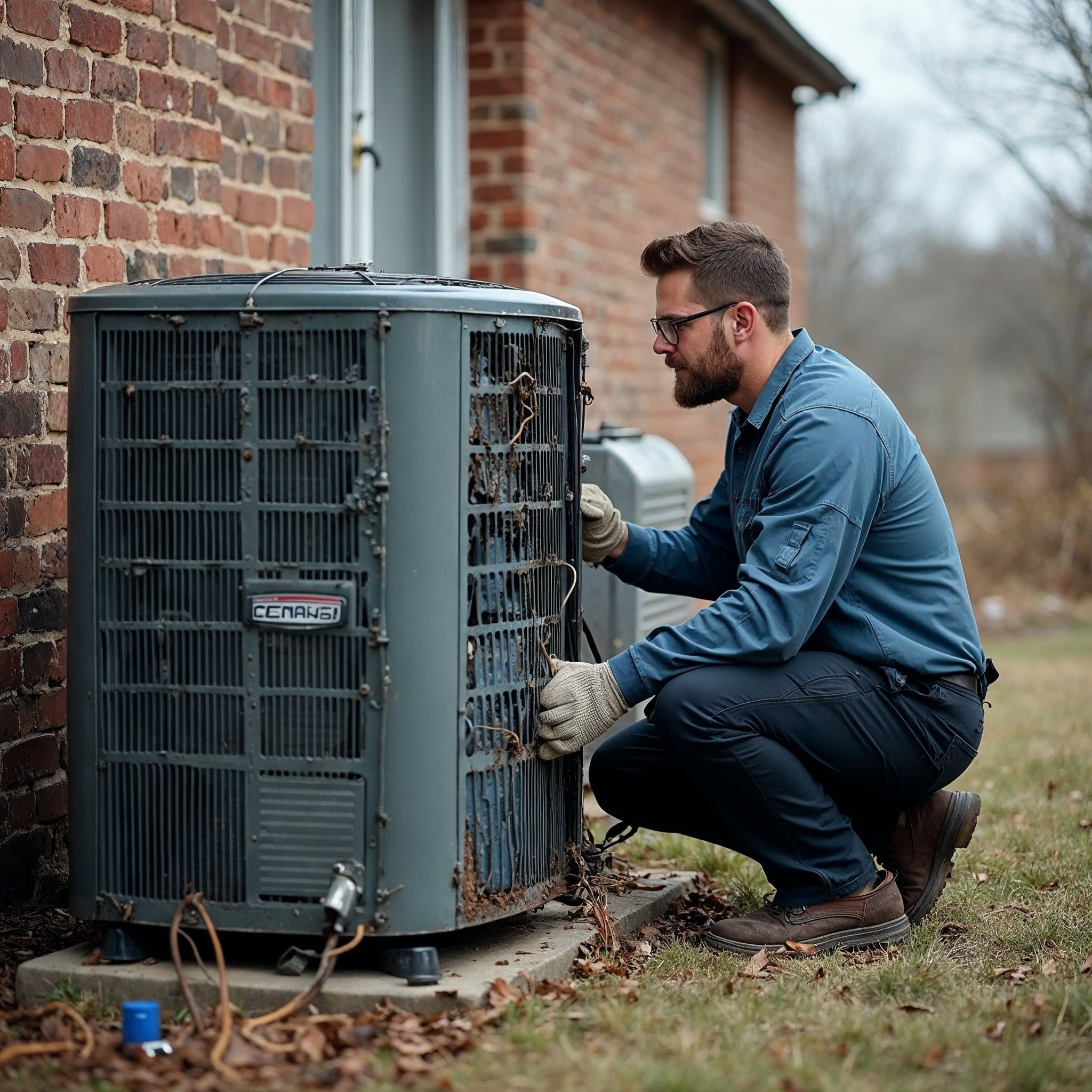HVAC
Thriving in Electrical & HVAC: Essential and Rewarding Career Pathways in 2025
Bright Futures: How Electrical Trade Skills and HVAC Job Markets Open Doors for Career Changers & New Workforce Entrants
As the landscape of job opportunities continues to evolve, electrical work and HVAC careers are emerging as promising paths for those entering the workforce or considering a career change. These fields offer not only competitive salaries but also the invaluable advantage of workforce skills that are in high demand. With trades education providing hands-on training and apprenticeships, individuals can gain practical experience while building a stable and fulfilling career. The HVAC job market, in particular, is booming, presenting abundant chances for advancement and specialization. Join us as we explore how electrical trade skills and HVAC job opportunities can illuminate a bright future for aspiring professionals.
Unlocking Opportunities in Trades
The skilled trades sector offers a wealth of opportunities for those seeking rewarding careers with stable job prospects. Let’s explore two key areas: electrical work and HVAC careers.
The Value of Electrical Work
Electrical work forms the backbone of modern infrastructure, making it a vital and ever-evolving field. Electrical trade skills are in high demand across various industries, from residential construction to industrial maintenance.
Electricians enjoy a diverse range of responsibilities, from installing new electrical systems to troubleshooting complex issues. This variety keeps the work engaging and provides opportunities for continuous learning and growth.
The field also offers competitive salaries and the potential for entrepreneurship. Many electricians eventually start their own businesses, giving them control over their careers and income potential.

Exploring HVAC Careers
HVAC (Heating, Ventilation, and Air Conditioning) careers offer a unique blend of technical expertise and problem-solving skills. These professionals play a crucial role in maintaining comfortable and energy-efficient environments in homes, offices, and industrial settings.
HVAC technicians work with a wide array of systems, from residential air conditioners to complex industrial cooling units. This diversity provides ample opportunities for specialization and career advancement.
The field is also at the forefront of energy efficiency and sustainability efforts, making it an exciting choice for those interested in green technologies. As climate concerns grow, HVAC professionals are increasingly in demand to implement and maintain eco-friendly systems.
Building Workforce Skills
Developing a strong set of workforce skills is crucial for success in the trades. Let’s examine how hands-on training and apprenticeships contribute to skill-building in these fields.
Benefits of Hands-On Training
Hands-on training is a cornerstone of trades education, offering numerous benefits that classroom learning alone can’t match. This approach allows learners to directly apply theoretical knowledge to real-world scenarios, enhancing understanding and retention.
Through practical experience, trainees develop problem-solving skills and learn to adapt to various job site conditions. This type of training also fosters confidence, as students see tangible results of their work.
Hands-on learning often involves working with the latest tools and technologies, ensuring that graduates enter the workforce with up-to-date skills. This practical knowledge is highly valued by employers and can lead to better job prospects.
Apprenticeship Pathways
Apprenticeships offer a structured pathway into the trades, combining on-the-job training with classroom instruction. This model allows apprentices to earn while they learn, making it an attractive option for many.
During an apprenticeship, trainees work alongside experienced professionals, gaining invaluable insights and developing a professional network. This mentorship aspect is crucial for long-term career success.
Apprenticeships also provide a clear progression path, with defined stages and certifications. This structure helps apprentices set goals and measure their progress, leading to a sense of achievement and motivation.
Navigating the Job Market
Understanding the current job market trends is essential for those considering a career in the trades. Let’s examine the demand for electrical trade skills and the trends in the HVAC job market.
Electrical Trade Skills Demand
The demand for electrical trade skills continues to grow, driven by factors such as infrastructure upgrades, renewable energy projects, and smart home technologies. This trend is expected to persist, offering long-term job security for skilled electricians.
Specializations within the electrical field, such as industrial automation or renewable energy systems, are particularly sought after. Professionals with these skills often command higher salaries and have more diverse career options.
The aging workforce in the electrical trades is also creating opportunities for new entrants. As experienced electricians retire, there’s a growing need for fresh talent to fill these essential roles.
HVAC Job Market Trends
The HVAC job market is experiencing robust growth, driven by factors such as climate change, energy efficiency regulations, and the increasing complexity of HVAC systems. This growth translates to abundant job opportunities and competitive salaries for skilled professionals.
Emerging technologies, such as smart HVAC systems and green building practices, are creating new specializations within the field. HVAC technicians with expertise in these areas are in high demand and often enjoy better career prospects.
The cyclical nature of HVAC work, with peak seasons for installation and maintenance, offers opportunities for overtime and additional income. Many HVAC professionals also find success in starting their own businesses, capitalizing on the steady demand for their services.

If you’re looking for air conditioning and heating jobs in Lexington, KY, and want to be part of a company that invests in your success, Lexington Electrical and HVAC wants to hear from you.
Call 859-457-0426
Be part of a team that takes pride in craftsmanship, customer care, and community values.

